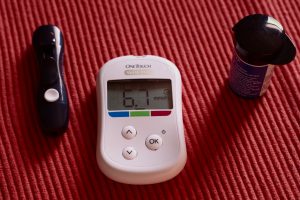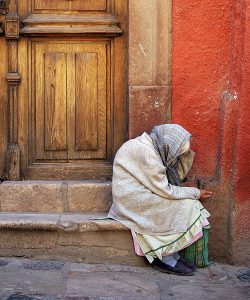 Under House Bill 1215, introduced in February 2017 by Rep. Steve King, R-IA, there would be a cap of $250,000 on non-economic damages for civil malpractice cases involving elderly and dependent adults. While California has a similar cap, it does not apply to lawsuits involving negligence and abuse toward the elderly and dependent adults. Lawmakers stress that the bill is intended to reduce healthcare costs and increase access to healthcare – it is even named “Protecting Access to Care Act of 2017.” Since the federal government is adversely affected by malpractice lawsuits for individuals insured through Medicare, legislators estimate it could save the government $62 billion in the next 10 years. However, many healthcare providers and attorneys feel this law would take away a crucial protection against elder abuse and interfere with state’s rights.
Under House Bill 1215, introduced in February 2017 by Rep. Steve King, R-IA, there would be a cap of $250,000 on non-economic damages for civil malpractice cases involving elderly and dependent adults. While California has a similar cap, it does not apply to lawsuits involving negligence and abuse toward the elderly and dependent adults. Lawmakers stress that the bill is intended to reduce healthcare costs and increase access to healthcare – it is even named “Protecting Access to Care Act of 2017.” Since the federal government is adversely affected by malpractice lawsuits for individuals insured through Medicare, legislators estimate it could save the government $62 billion in the next 10 years. However, many healthcare providers and attorneys feel this law would take away a crucial protection against elder abuse and interfere with state’s rights.
Elder Protection Issues in HR 1215
As David R. Cohen of Stark and Stark pointed out, civil lawsuits are one of the only ways elderly individuals and their families have to recover after an elderly person or dependent adult is significantly injured or killed due to negligent, reckless, or intentionally harmful medical care. Civil cases enable victims and their families to be reimbursed for their expenses and compensated for their pain and suffering, which can be severe in elder abuse situations. These civil cases also serve to make fraud in nursing homes and other care organizations known to the public, increase accountability, and improve the quality of care adults receive.
 San Francisco Injury Lawyer Blog
San Francisco Injury Lawyer Blog



